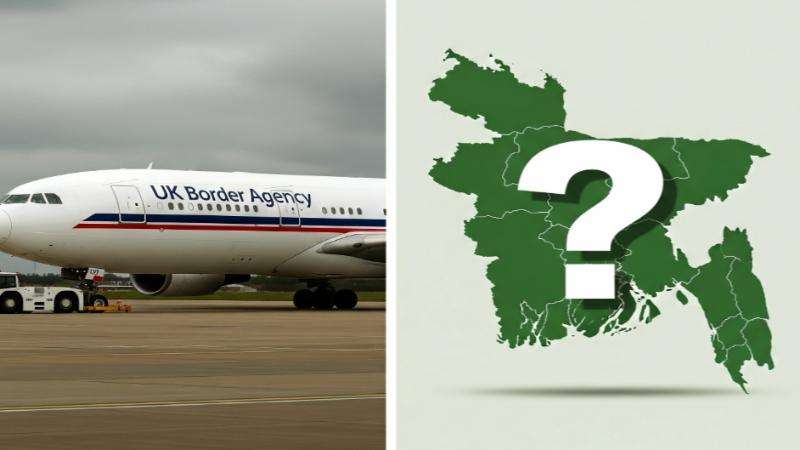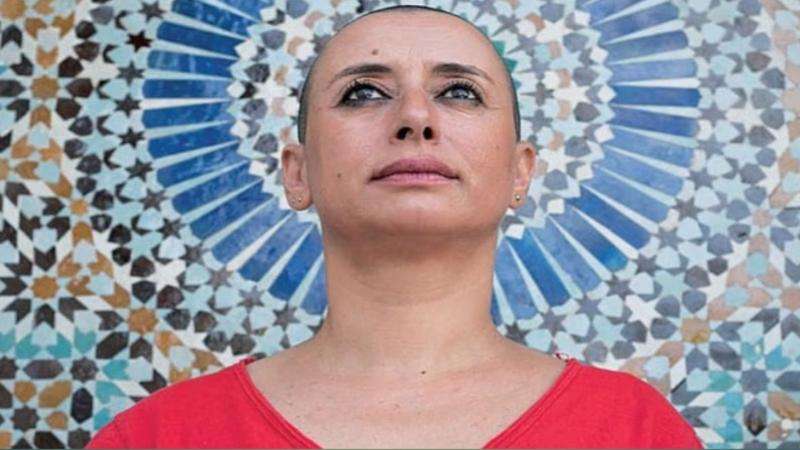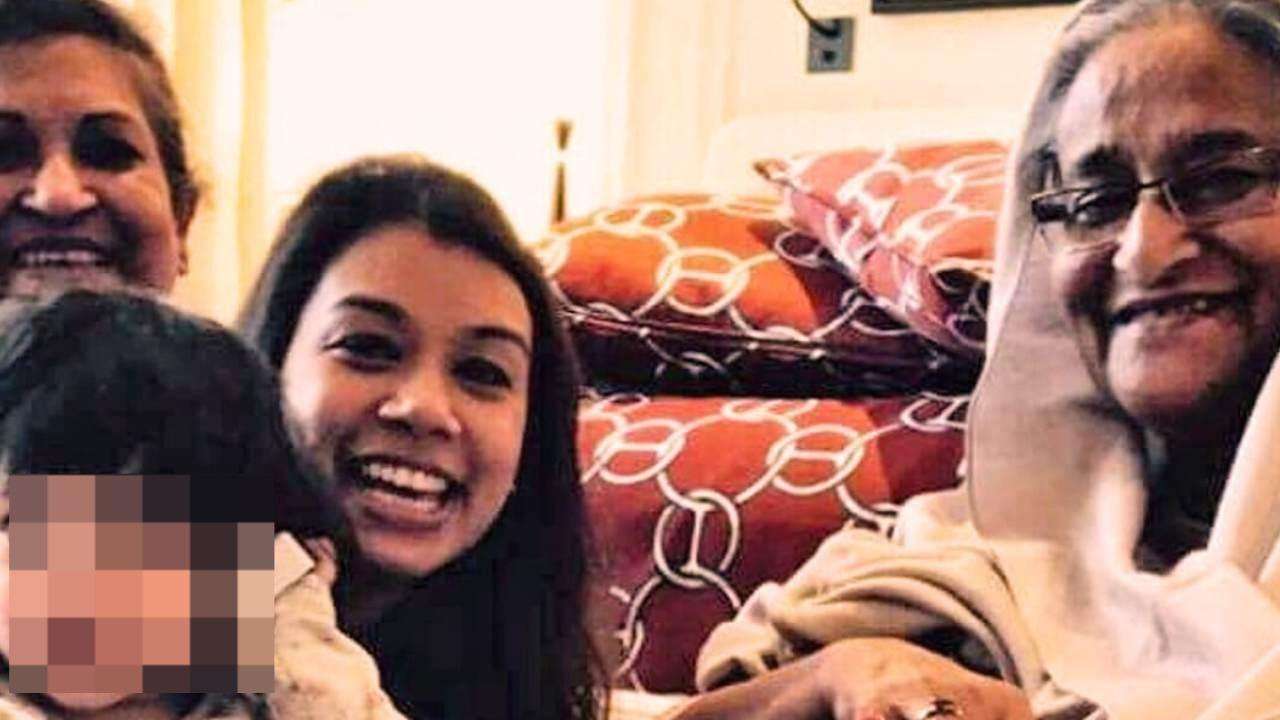In a significant and highly controversial expansion of its "deport now, appeal later" policy, the UK government has announced that it will now deport convicted foreign nationals from 15 additional countries before their human rights appeals have been fully heard. This move, led by Home Secretary Yvette Cooper, aims to tackle what the government claims is the "exploitation" of the immigration system by offenders who use appeals to remain in the UK for years, Daily Dazzling Dawn understands.
Foreign criminals from India and 14 other countries will be deported before their human rights appeals have been heard after the Government announced an expansion to its “deport now, appeal later” scheme.
The scheme, which previously applied to eight countries, now includes India, Bulgaria, Australia, Angola, Botswana, Brunei, Canada, Guyana, Indonesia, Kenya, Latvia, Lebanon, Malaysia, Uganda, and Zambia. Under this policy, offenders whose human rights claims have been rejected can be deported immediately, with any subsequent appeals heard from abroad via a video link. This is designed to reduce court backlogs and logistical delays that have historically hindered deportations.
While the current list of countries does not include Bangladesh, the expansion to other Commonwealth and South Asian nations, such as India, signals a broader shift in the UK's immigration enforcement strategy. The government's focus on removing foreign criminals is also a response to the small boats crisis, with arrivals reaching 25,000 this year, and is driven by a desire to free up prison places.
However, the UK's pursuit of a more aggressive deportation strategy is already directly impacting the Bangladeshi community. In May 2024, the UK and Bangladesh signed a formal agreement to streamline the returns of individuals with no right to remain, including failed asylum seekers and foreign national offenders. This agreement, a memorandum of understanding, aims to remove the mandatory interview for cases where there is sufficient evidence for removal. Minister for Countering Illegal Migration, Michael Tomlinson, stated that this deal would make removals "faster" and that Bangladesh is a "valued partner." Prime Minister Sheikh Hasina of Bangladesh also emphasized her country's "zero tolerance" approach to illegal migration.
This agreement has raised concerns among legal experts and the Bangladeshi community. Md Iqbal Hossain was quoted that time as saying that the agreement could lead to swift deportations, with the Bangladesh High Commission assisting British authorities by providing emergency travel documents quickly. He warned that this rapid process could adversely affect genuine asylum applicants. According to a report from May, 11,000 Bangladeshis applied for political asylum in Britain in the past year, with only a 5% success rate on initial claims.
The "deport now, appeal later" scheme itself has a contentious history, having been ruled unlawful by the Supreme Court in 2017 before being amended to allow for video link appeals. Justice Secretary Shabana Mahmood noted that the current move would save the UK £54,000 per year for each prison place. Although the Home Office could not give a specific number for how many deportations would occur under the new rules, this commitment to "scale-up" removals, coupled with the existing agreement with Bangladesh, indicates a clear and intensifying direction in UK immigration policy.








.svg)



